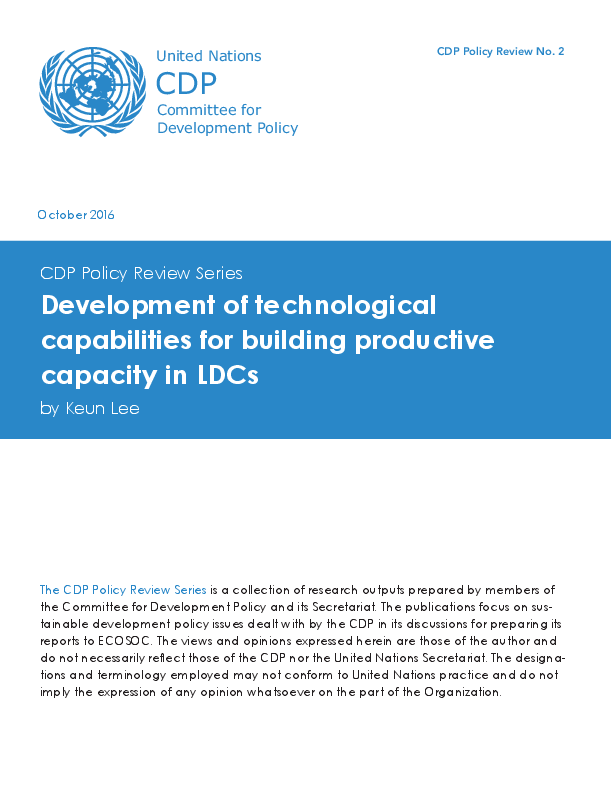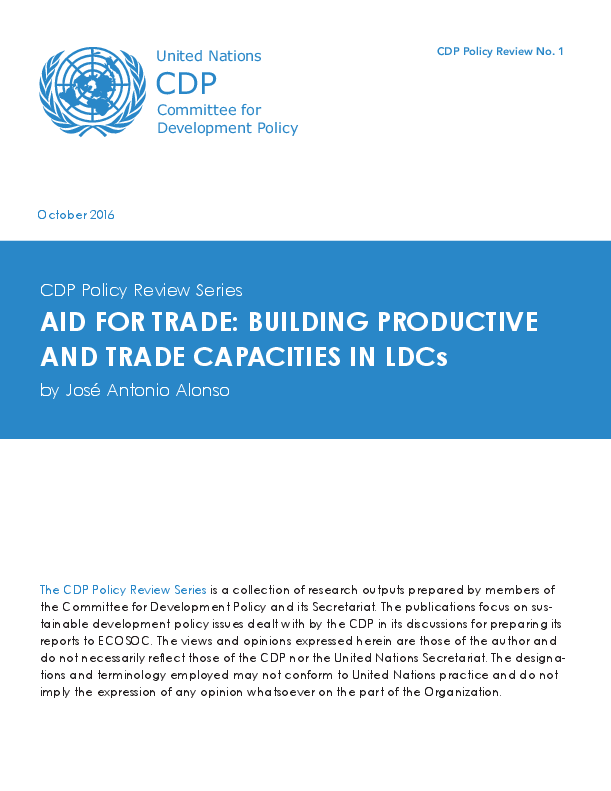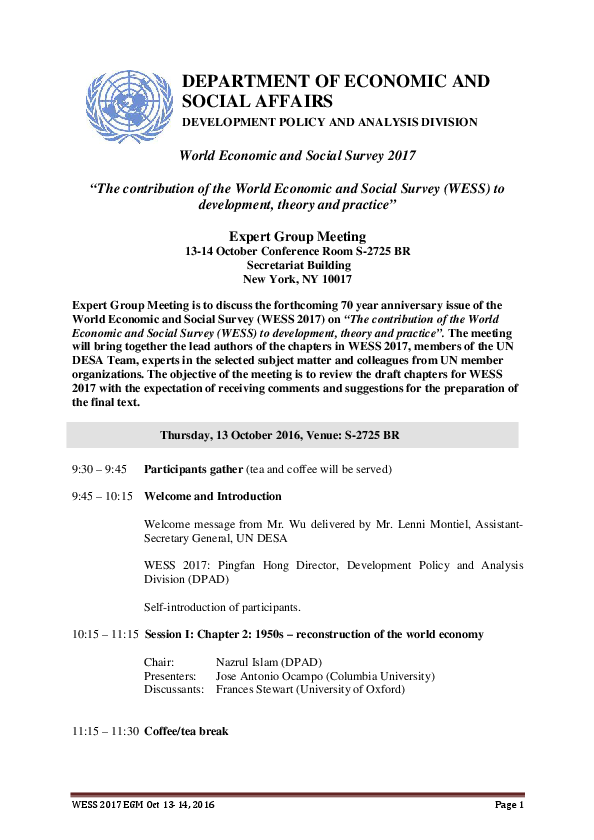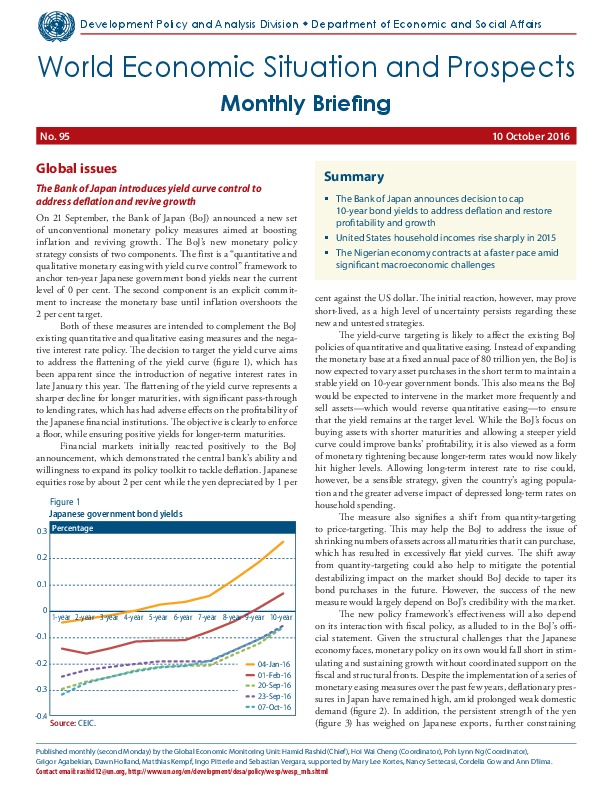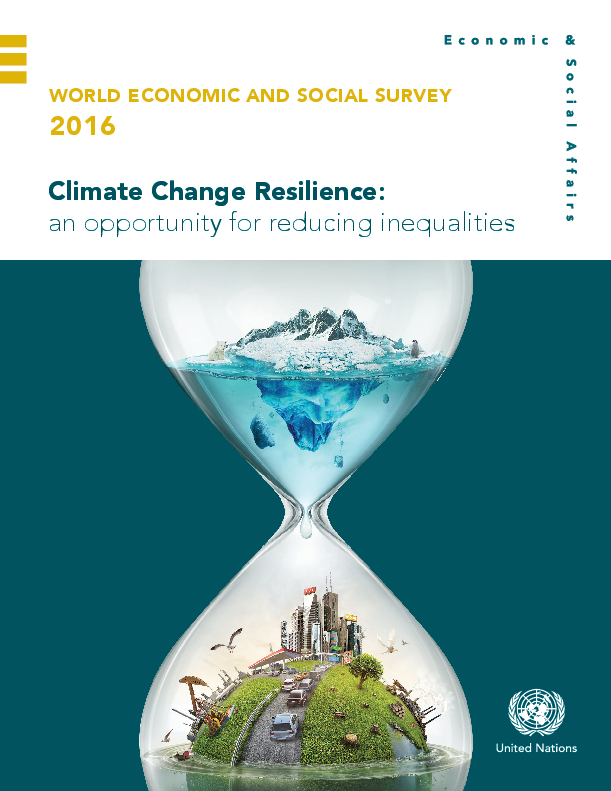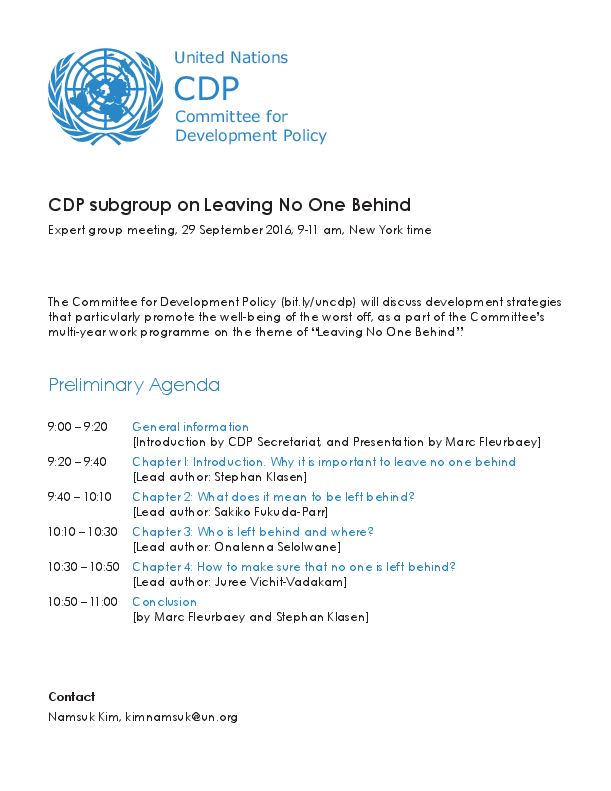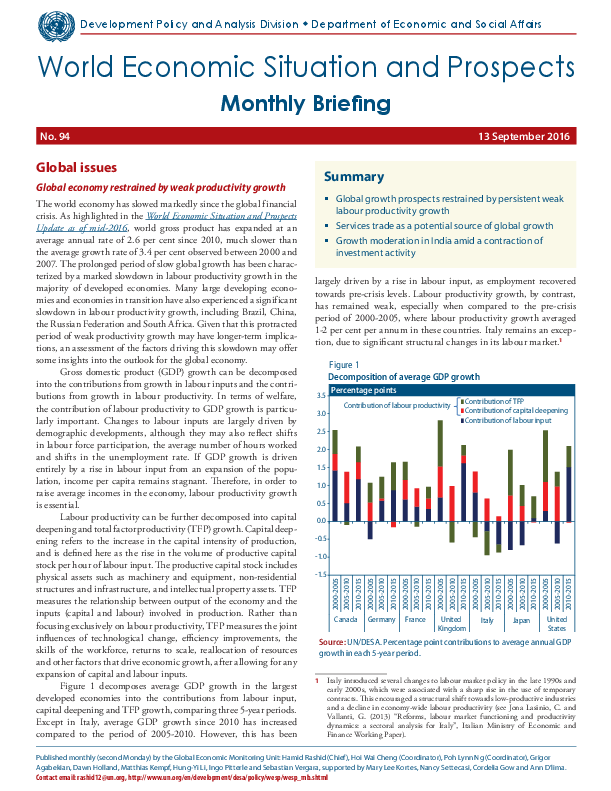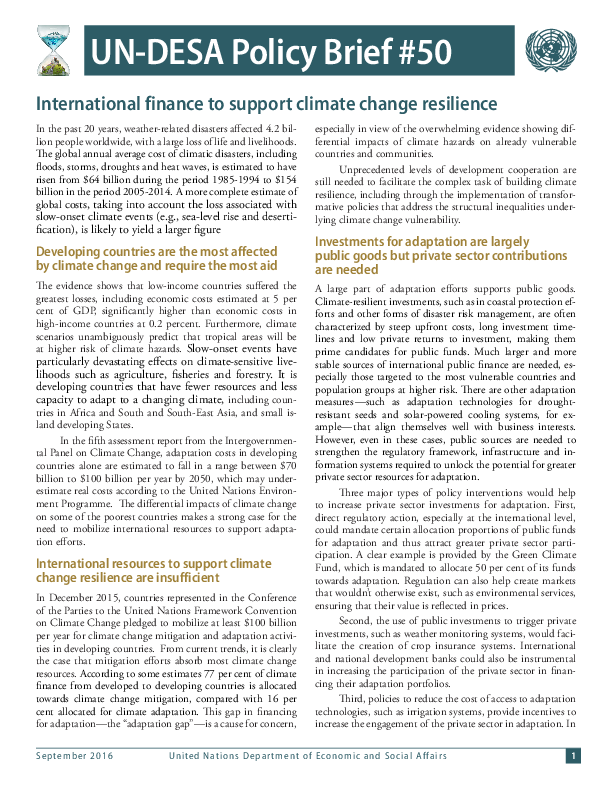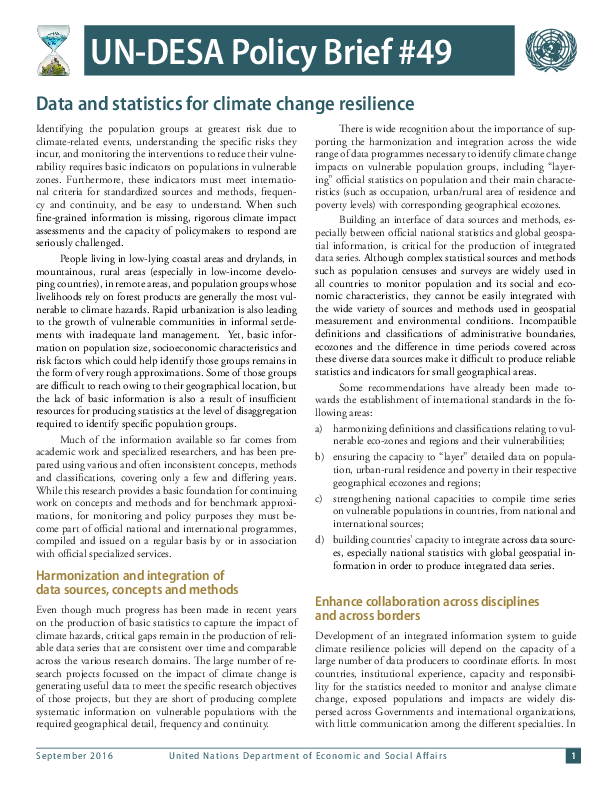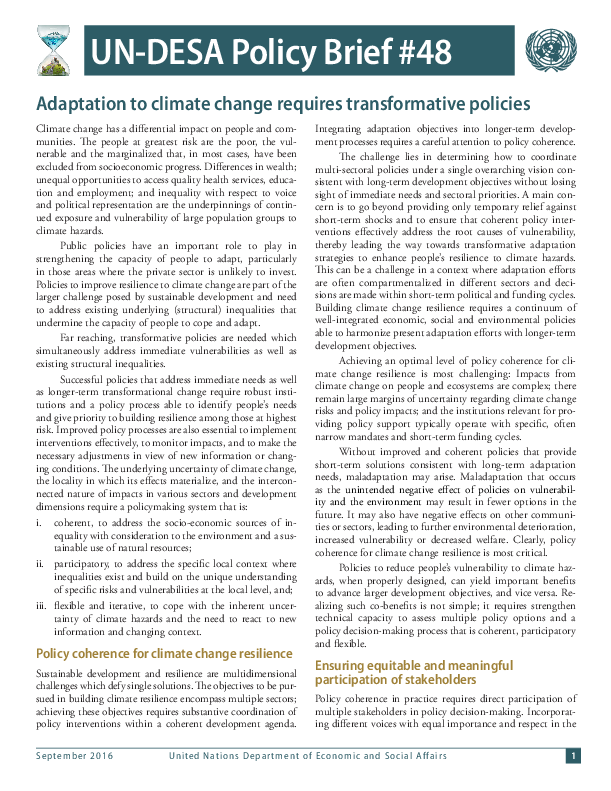Publications
Displaying 11 - 20 of 59
United States household incomes rise sharply in 2015
The Nigerian economy contracts at a faster pace amid significant macroeconomic challenges
Services trade as a potential source of global growth
Growth moderation in India amid a contraction of investment activity
 Welcome to the United Nations
Welcome to the United Nations
